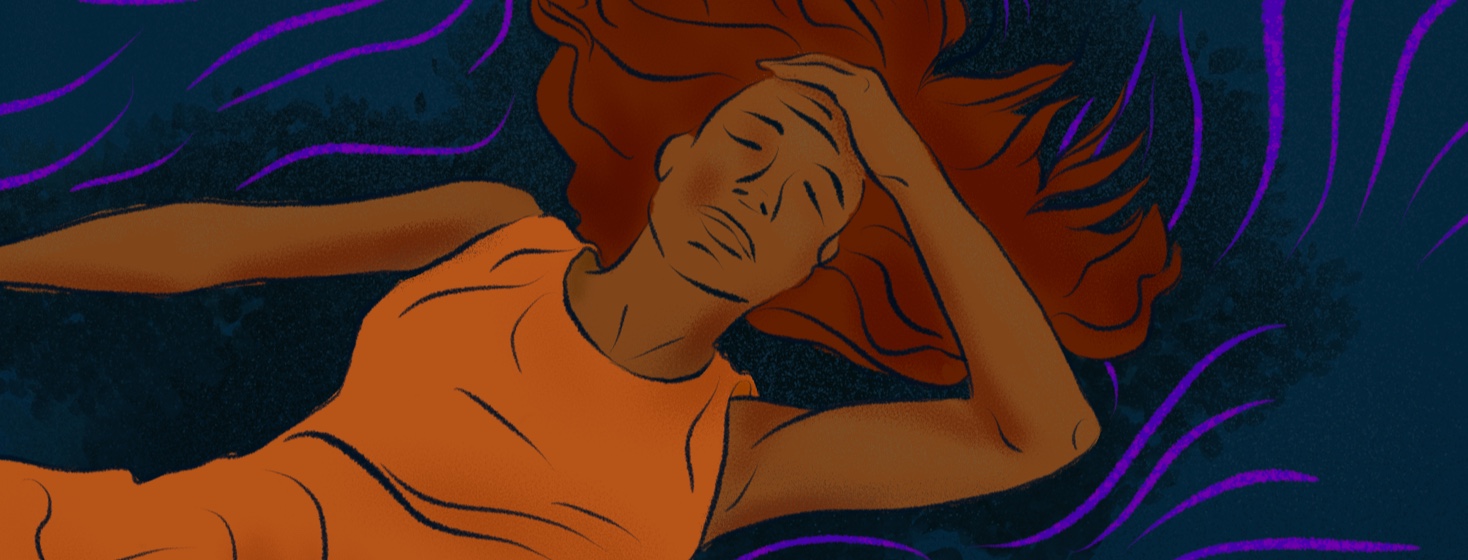My Signs of Postpartum Depression
Becoming a first-time mother is one of the most exciting life events. It's a time filled with joy, happiness, and anticipation. However, when the baby arrives, it can also be very overwhelming. The stress and anxiety that come with this significant life change can lead to postpartum depression.
Ignoring my early signs of PPD
As a first-time mother, I thought I was invincible. I believed that I had it all under control until I started experiencing the signs of postpartum depression. Unfortunately, I ignored them for 4 months, hoping they would disappear independently. Little did I know that I was slowly slipping further into the darkness of depression.
Pay attention to the warning signs
If I could go back in time and tell myself one thing, it would be to pay attention to the warning signs of postpartum depression. My lack of knowledge and ignorance caused an emotional breakdown, forcing me to confront that I was struggling and needed help.
Thankfully, I sought help promptly and started seeing a therapist who provided immense relief. I don't want any first-time mother to go through what I experienced, so I have compiled a list of the signs to look for when it comes to recognizing postpartum depression.
What are the signs of PPD?
Feeling overwhelmed
As a new mom, it's normal to feel overwhelmed sometimes. However, if you constantly feel like you can't keep up with the demands of having a baby, it could be a sign of PPD. When I had my baby, I felt like I had lost my balance. I was always exhausted, and everything felt like a chore. Cleaning, cooking, and even getting dressed in the morning was a struggle. I passed it off as a new mom's reality, but it was a sign of postpartum depression.
Losing interest in activities
Another warning sign of postpartum depression can be losing interest in activities that used to bring you joy. If you find yourself feeling indifferent or disinterested in things you used to love doing, it's time to take a closer look. Before seeking help, I lost interest in everything that used to bring me joy. I stopped going out with friends, reading, watching movies, and even lost my appetite. I thought it was because I was tired, but it was depression taking hold of me.
Mood swings
It would make sense, with hormones fluctuating and so many changes happening, that we might experience some mood swings during those first few months after childbirth. However, if your mood swings are severe and you have trouble controlling them, it could be a sign of something more. I used to have mild mood swings, going from happy to sad quickly. It started affecting my relationship with my husband and how I interacted with my baby.
Lack of sleep
It's no secret that new mothers often don't get enough sleep. However, if you have difficulty falling or staying asleep, it could be a sign of postpartum depression. For 4 months, I would lay in bed, staring at the ceiling, and unable to drift off to sleep. I wasn't even bothering to try but instead lying there, thinking. My mind was racing with worries and what-ifs.
Feeling hopeless
If you find yourself feeling hopeless or helpless, this could be a sign as well. I remember feeling like everything was pointless and nothing would ever get better. I wanted to be a good mom and wife but genuinely believed I couldn't. Asking for help felt like a weakness, and I was ashamed of how I felt.
It's not you – it's PPD. And there's help
Don't make the same mistake I did, and brush off your symptoms. Postpartum depression is a severe condition that requires professional help. Seeking support from a therapist, support group, or doctor can make all the difference in your recovery.
Remember, you're not alone, and asking for help is okay. Setting boundaries and speaking up are okay. As mothers, we must prioritize our mental health to provide the best care for our babies.
